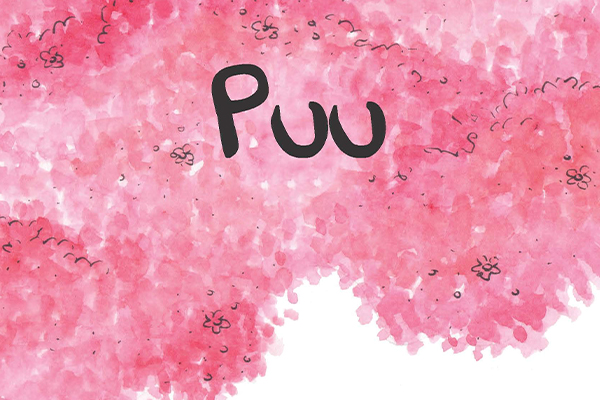
Loading...

Loading...
‘किताबें झांकती हैं बंद अलमारी के शीशों से’, read Gulzar in one of his poems. As I re-read it, I wondered if these ‘band almaris’ had been open. If they had been open, has everyone consumed the pleasure of books before the almirahs closed? Will they be open forever? A few days back I was talking with someone about the sudden disappearance of letter-writing. The person said you never know ‘books may become history and forget about libraries’. I had heard this before. I hear it from several Library Educators and about their struggle to run libraries. ‘The community wants it, the children want it but the funders don’t,” a LEC participant told me some days back as she prepared a note for the funder. Every time we discuss the essential elements of a library, participants prioritize budget. Why is that? Indeed, it is important but it holds our attention more than anything when we talk about impact. Money spent versus everything else. How do you show impact when you talk about sparkle in eyes, deep expressions of heart, the many ‘Aha’s’. We do not understand this language! Is it because we have not read a book that kindled our emotions and told us ‘This is the impact’? I do not think that’s true. Then what is it?
Books and Libraries have always been in danger. I am reminded of the Nazi book burnings in Berlin. While their reasons for burning the books may be different, it shows us the power of books in people’s lives and in society. Why would a book be burnt if it was useless to the faculties of a human mind? This did not only happen in Germany. It also happened in other parts of the world, including India. Sometime back there was a debate about ‘certain kind of literature’ as troublemaker. So whichever side you are on, the power of books is known and accepted. I now come back to my worries about our school libraries being inactive, or libraries not considered as useful in education or community and public libraries facing fund crisis. Sometimes in my revolting heart I see all such opponents as the new Nazi! I may be in trouble for writing this but it came to my mind. I blame no one in particular though.
Reading books and feeling its impact is a personal experience that no one in this world can quantify. In LEC course book, we read personal narratives of Nirmal Verma, Om Prakash Valmiki and Manoranjan Vyapari and also of the participants who attend the course and write about their reading journeys. I also reference my own personal journey and that of a friend, a colleague, and the children I work with in a library and beyond, of women who suddenly found their place in a book or a dormant voice that saw itself speaking in the words of a book. And undeniably, this is the impact which is so massive that I cannot document it. I know that a child who came to a library I worked at, went on a trip to his village in Bihar and carried a book for the journey. I didn’t travel with him but I know what it meant.
I know this doesn’t work when you sit with a logical framework and want to document impact of work. Everything I have written cannot be dismissed as a romantic notion. Enough researches and statistics have backed the fact that ‘the more books children read, the better readers they become’. There are studies that sight changes in vocabulary, articulation and readership. What is a better reader like, what is that they do? These are questions that have been answered many times.
<
LEC exposed me to people who had never read good books in their lives and also to people who found refuge and joy in books. It gave space for human sharing that nurtures empathy and debates that are necessary. It exposed my ignorance about literature and the people they represent and at times unearthed the joys never known before. With each passing year of LEC I jump several steps towards finding the meaning of books and libraries — for me and for others. And this for me is true impact.
Image Credits: LEC students and my colleagues
LEC here is Library Educator’s Course

‘My parents have been picking flowers their entire life. I hate picking flowers.’The opening lines and the heap of pink flowers welcome you to no ordinary…

एक दिन जब अमोस मक गी बीमार पड़े
इस किताब से मैं हाल ही में परिचित हुई और पढ़ते ही इसकी अपनी एक कॉपी की चाह मन में बन गई| कवरपेज देखकर ही पता चलता है की इस किताब को चित्रांकन के लिए एक अवार्ड भी मिला है और किताब देखकर ये स्पष्ट हो जाता है की क्यों मिला होगा|…